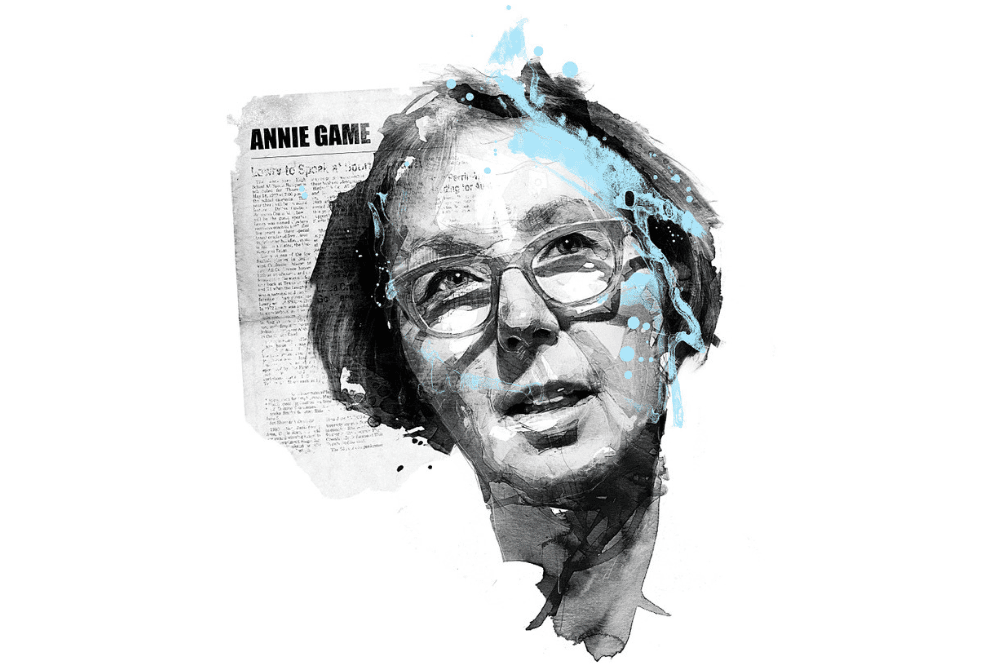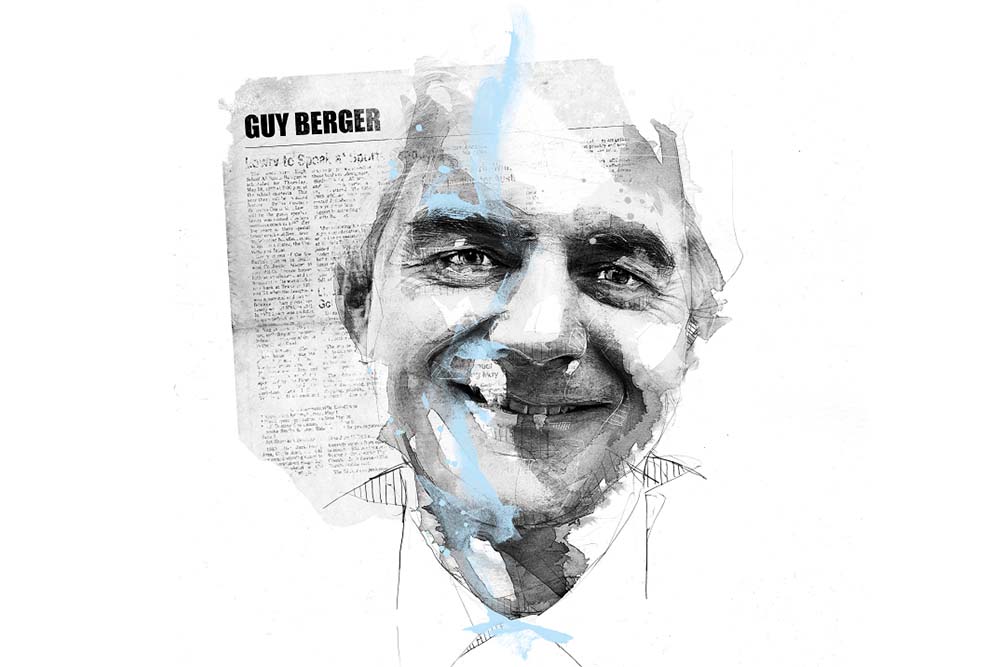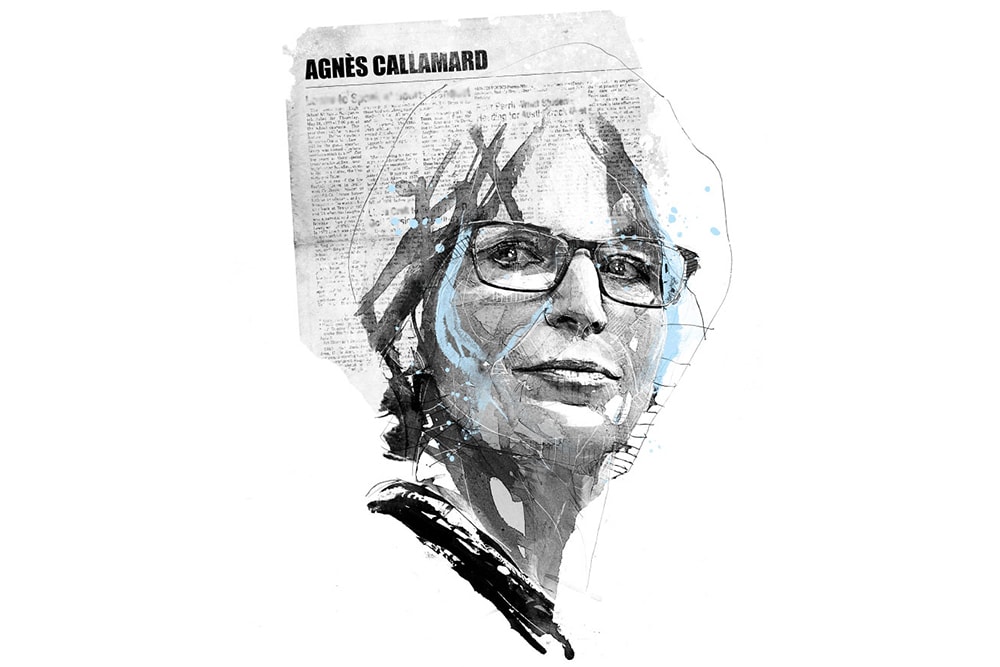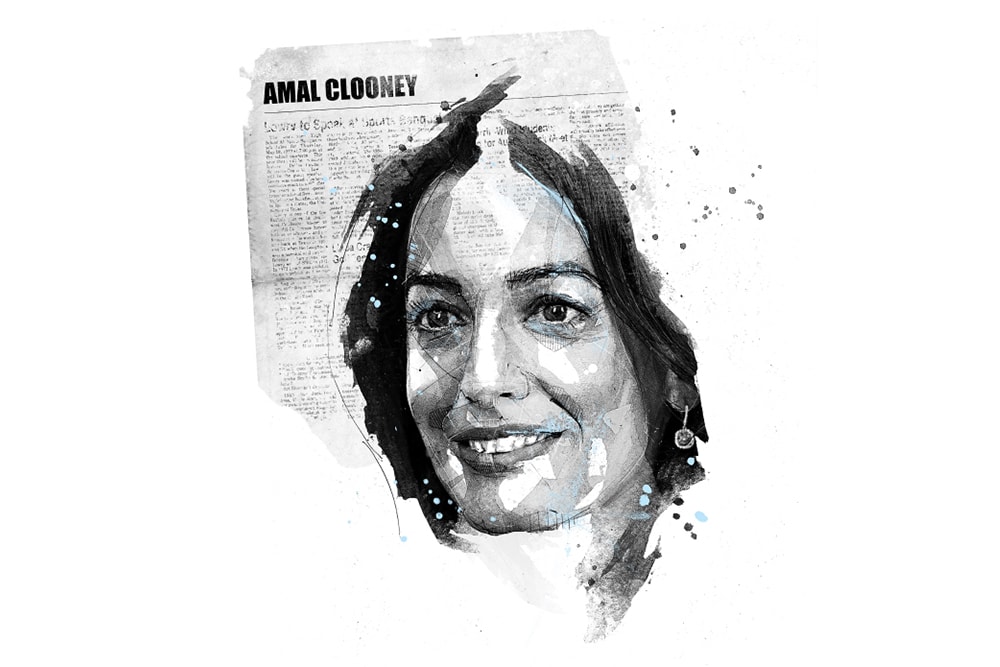Outgoing IFEX Executive Director Annie Game’s approach to leadership has always been grounded in feminism, activism, and social justice - and the deeply held beliefs that every meeting is made better with music that makes your feet want to move, that creativity breaks through the noise, and that wit wins.
“Mutual support, amplification of each other’s messages and tireless defense of our most marginalized and most targeted communities is at the heart of the work that we do in defending freedom of expression - the work that we must continue to do… work that requires resistance, and resilience.”
As the leader of a diverse, global network, Annie Game has always been crystal clear as to how she sees her role. She has been executive director of IFEX for over 16 years, but has never sought to be the face or the voice of the organisation. Look for her in a photo taken at any IFEX gathering or presentation and you’ll have to search the background or the edge: she’ll have made sure IFEX members and staff are front and centre. Ask her to speak on a free expression topic, and she’ll suggest a member working at the forefront of the issue instead.
At their November 2022 meeting, the IFEX Council noted: “There’s no self-aggrandisement with Annie. She’s driven by passion for freedom of expression and human rights, a keen sense of fairness and equity, creative spark and genuine care for those doing the work with her.”
It’s simple, really: Game is passionately committed to creating space so those most affected, those most silenced, those most marginalised can speak for themselves. They are the experts. She has worked tirelessly to foster the culture of respect, learning and collaboration that has fuelled IFEX as a relevant and effective force in the freedom of expression landscape.
It’s an approach many espouse, but few embrace as consistently as Game has. Developed over decades of work in the NGO sector for organisations such as Canada World Youth, Save the Children, War Child and others, Game’s leadership is grounded in feminism, activism and social justice – and the deeply held beliefs that every meeting is made better with music that makes your feet want to move, that creativity breaks through the noise, and that wit wins. A recent campaign that embodies Game’s humour and love of wordplay sits atop IFEX’s Twitter feed: “Dissent is healthy. Feel free to disagree.”
Given Game’s love of language, she would likely delight in the observation that in a field where the talk is often of censors, Game is lauded for her finely-tuned sensors. Rachael Kay, Game’s long-time leadership collaborator and IFEX’s incoming Executive Director, points to Game’s early recognition that digital rights and freedom of expression groups needed to learn from and strategise with each other. “Annie understood that digital rights were human rights before this was the common view, and knew that digital rights organisations could learn from the work and approaches of human rights groups – utilisation of international human rights frameworks and processes, for instance – while free expression groups could learn from the online campaigns and user mobilisation tactics of digital rights organisations.”
“New ideas, new understanding and new tactics must be developed,” Game wrote five years ago in an editorial titled “Free press: Still worth defending?” “Mutual support, amplification of each other’s messages and tireless defense of our most marginalised and most targeted communities is at the heart of the work that we do in defending freedom of expression – the work that we must continue to do… work that requires resistance and resilience…”
That same year – 2017 – Game was presented an Electronic Frontier Foundation’s Pioneer Award, alongside American First Amendment champion Mike Masnick and renowned whistleblower and transparency advocate Chelsea Manning. Game was at first reluctant to accept the prize, but eventually agreed, seeing it as an opportunity to highlight IFEX’s work. Tellingly, the bio she submitted included only 23 words about herself, and 127 about the network.
Game’s approach is grounded in a keen understanding of the power of words – and the dynamics of power. Under her leadership, IFEX has consistently evolved the language it uses, both in terms of specific words, but also in terms of the multiple languages used around the IFEX table. Grounded in an activist’s understanding, Game has also diligently worked to shift power relationships. One recent example: an invitation to donors to join IFEX members in an online situation room, welcoming them to learn at the IFEX member table, as opposed to having members present to the donor table.
During her time at IFEX, freedom of expression advocates have faced a growth in anti-democratic forces around the world and their intrusions into civic spaces, the influence of technology giants on free expression, and the ongoing impact of the Covid-19 pandemic. Game’s commitment to building the strength of the IFEX network sustainably and equitably positions the organisation to tackle free expression’s next challenges and continue to contribute to strengthening human rights globally.
As she moves on from the leadership of IFEX, Game will be moving from global to local. Her next chapter involves taking what she’s learned on the global activism stage, and applying it in her local context, as she works with local climate and environmental activists to preserve critical green spaces in her home region. Her insights and strategies will enrich the efforts of the individuals and organisations she works with – though she’ll likely continue to position herself at the edge of the camera frame.
Illustration by Florian Nicolle




